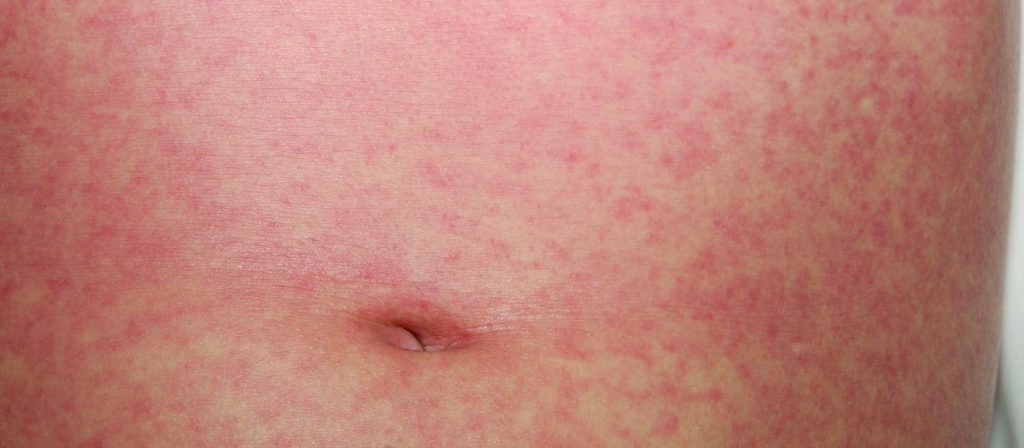
A pair of new studies have found that an infection by the measles virus cripples the immune system in a profound and lasting way. The studies, published in the journals Science and Science Immunology, details how the virus sneaks inside important immune cells in the body and wipes their “memories.” Michael Mina, an epidemiologist at Harvard University and co-author of the new study, said, “Measles essentially takes away their ability to efficiently protect themselves.”
Both studies used data from a group of unvaccinated children in the Netherlands. The authors of the Science Immunology study examined a type of white blood cell called a B-cell which builds antibodies to pathogens even after the infection is gone. The researchers found that children infected by the measles virus lose many B-cells trained to recognize familiar infections.
Authors of the Science study looked at which antibodies appeared in the children’s blood before and after they had measles using a tool called VirScan. They found that the children lost between 11 percent and 72 percent of their total antibody diversity after catching the virus. Vaccinated children, as well as unvaccinated people who didn’t get measles, retained about 90 percent of their antibody diversity. The number of antibodies lost appeared to depend on the severity of the measles infection.
The results appear to indicate measles survivors can remain susceptible to dangerous diseases for years after contracting the virus. Measles survivors can recover from the loss, but only by reacquainting themselves with all their previous pathogens. While relatively healthy children may be able to withstand secondary infections, malnourished or immunocompromised children might not fare so well.
Questions remain about why some kids lose more antibodies to measles than others. There is also the question of why the measles vaccine does not create the same type of problem. As for a solution, antibody-replacement therapy, in which people receive antibodies from donors, may help children rebuild their defenses after a measles infection.
